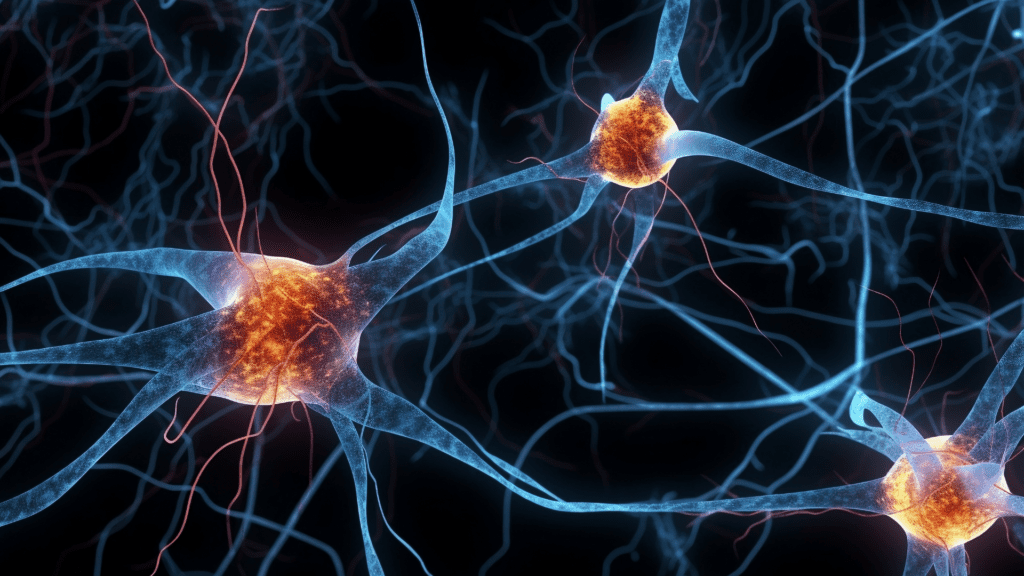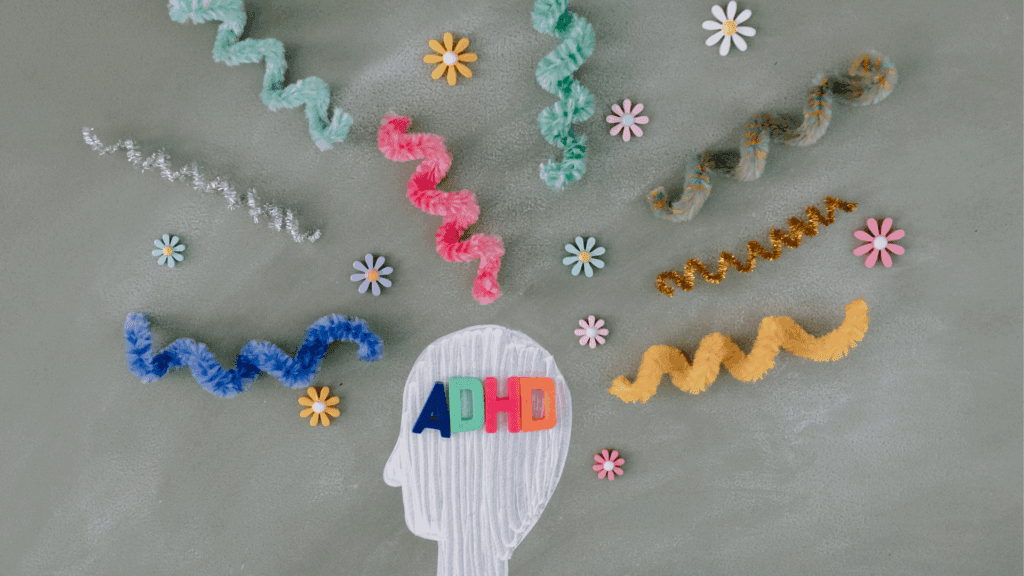Attention Deficit Hyperactivity Disorder (ADHD) is a neurodevelopmental condition that affects millions worldwide, often presenting challenges with focus, impulsivity, and organization. While medication is a common treatment option, many individuals seek alternative approaches that align with their values and preferences. Enter neuroscience-based life coaching, a revolutionary method that leverages the brain’s remarkable ability to adapt and rewire itself, known as neuroplasticity.
The Pitfalls of Prescription Medication for ADHD
Stimulant medications, such as methylphenidate (Ritalin) and amphetamines (Adderall), are commonly prescribed for ADHD management. However, these medications come with significant drawbacks and potential risks. Firstly, they can be highly addictive, leading to dependence and withdrawal symptoms when discontinued. Additionally, long-term use of stimulant medications has been associated with adverse effects, including sleep disturbances, appetite suppression, and cardiovascular complications.Furthermore, while these medications may provide temporary relief of ADHD symptoms, they do not address the underlying neural patterns contributing to the condition. As a result, individuals may experience a return of symptoms once the medication wears off, leading to a cycle of dependence and potential side effects.
Understanding Neuroplasticity and ADHD
The human brain is a dynamic and ever-changing organ, capable of forming new neural connections and pathways throughout life. This neuroplasticity is particularly relevant in the context of ADHD, as research has shown that individuals with ADHD often exhibit differences in brain structure and function, particularly in areas responsible for attention, impulse control, and executive functioning.Neuroscience-based life coaching recognizes these neural differences and aims to harness the brain’s plasticity to reshape neural networks and cultivate more adaptive patterns of thinking and behavior.

Here are the two additional sections for your blog on neuroscience-based life coaching for ADHD treatment:
How Does Neuroscience-Based Life Coaching Compare to Traditional ADHD Treatments?
Traditional ADHD treatments often rely on medication, such as stimulants like methylphenidate (Ritalin) and amphetamines (Adderall), which can be effective in managing symptoms but come with significant drawbacks. These medications can be addictive, cause side effects like sleep disturbances and appetite suppression, and do not address the underlying neural patterns contributing to ADHD. Once the medication wears off, symptoms often return, leading to a cycle of dependence.
In contrast, neuroscience-based life coaching offers a holistic and sustainable approach by leveraging the brain’s natural ability to rewire itself, known as neuroplasticity. This method focuses on understanding each individual’s unique neural wiring and developing personalized strategies to improve attention, self-regulation, and executive functioning. Unlike medication, which provides temporary symptom relief, neuroscience-based life coaching aims to create lasting changes by reshaping neural pathways through practices like mindfulness, cognitive restructuring, and habit formation.
Moreover, neuroscience-based life coaching emphasizes the development of practical skills and self-awareness, empowering individuals to manage their ADHD symptoms proactively. This approach fosters a deeper understanding of one’s brain and behavior, promoting long-term personal growth and resilience.
What Are the Main Benefits of Using Neuroplasticity for ADHD Management?
Neuroplasticity, the brain’s ability to form new neural connections and pathways, is a powerful tool for managing ADHD. By harnessing neuroplasticity, neuroscience-based life coaching offers several key benefits:
- Personalized Treatment: Neuroplasticity allows for tailored interventions that address the specific neural patterns and challenges of each individual with ADHD. This personalized approach ensures that strategies are effective and relevant to the person’s unique needs.
- Long-Term Improvement: Unlike medication, which provides temporary relief, neuroplasticity-based interventions aim to create lasting changes in brain function. By consistently practicing new behaviors and thought patterns, individuals can strengthen neural pathways associated with attention, impulse control, and executive functioning.
- Empowerment and Self-Efficacy: Understanding and leveraging neuroplasticity empowers individuals to take control of their ADHD management. This approach fosters a sense of agency and self-efficacy, as clients learn to actively shape their brain’s development and improve their cognitive and emotional skills.
- Holistic Development: Neuroplasticity-based coaching addresses multiple aspects of an individual’s life, including emotional regulation, cognitive functioning, and behavioral patterns. This comprehensive approach leads to overall personal growth and improved quality of life.
- Reduced Dependence on Medication: By providing effective non-pharmacological strategies, neuroscience-based life coaching can reduce the need for medication and its associated risks. This approach offers a viable alternative for those seeking to manage ADHD symptoms without relying solely on drugs.
In summary, using neuroplasticity for ADHD management through neuroscience-based life coaching provides a sustainable, empowering, and holistic approach that addresses the root causes of ADHD symptoms and promotes long-term improvement and personal growth.
Personalized Strategies for Neural Rewiring
At the core of neuroscience-based life coaching is a deep understanding of each individual’s unique neural wiring and the specific challenges they face. Through comprehensive assessments and collaborative goal-setting, coaches develop personalized strategies tailored to the client’s needs and neural characteristics.These strategies may include:
- Mindfulness and Attention Training: Practices like meditation and focused breathing exercises can strengthen neural pathways associated with attention and self-regulation, improving focus and impulse control.
- Cognitive Restructuring: By identifying and challenging limiting beliefs and thought patterns, individuals can reshape their neural networks to foster more positive and productive mindsets.
- Habit Formation and Routine Building: Establishing consistent routines and habits can reinforce neural pathways associated with organization, time management, and task completion.
- Goal-Setting and Visualization: Clearly defining goals and visualizing desired outcomes can activate and strengthen neural networks related to motivation, planning, and achievement.
Throughout the coaching process, clients receive ongoing support, accountability, and feedback, facilitating the reinforcement of new neural connections and the gradual replacement of maladaptive patterns with more constructive ones.

The Power of Neuroplasticity in Action
Numerous studies have demonstrated the efficacy of neuroscience-based interventions in managing ADHD symptoms and improving overall functioning. For example, research has shown that mindfulness practices can enhance attention and emotional regulation in individuals with ADHD, while cognitive-behavioral strategies can improve executive functioning and reduce impulsivity.By leveraging the principles of neuroplasticity, neuroscience-based life coaching offers a holistic and empowering approach to ADHD management. Clients gain a deeper understanding of their unique neural makeup and develop practical tools to cultivate focus, organization, and goal achievement, without relying solely on potentially addictive and ineffective medication.
Embrace Your Brain’s Potential
If you or a loved one struggles with ADHD and seeks an alternative or complementary approach to traditional treatment methods, consider exploring neuroscience-based life coaching. By harnessing the remarkable power of neuroplasticity, you can unlock your full potential, cultivate lasting change, and thrive in all aspects of life.
For further insights, read: ADHD and Dopamine: A Neuroscience Guide to Minimizing Symptoms





